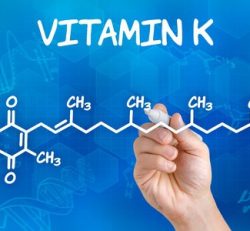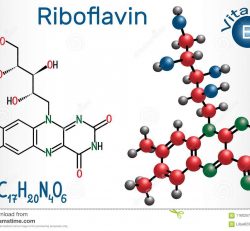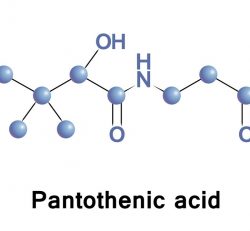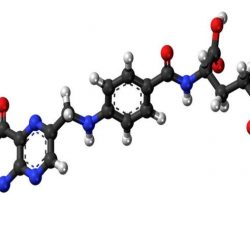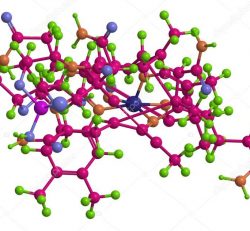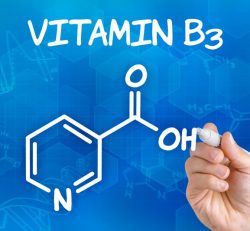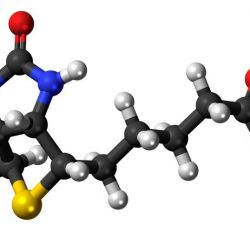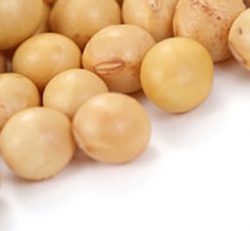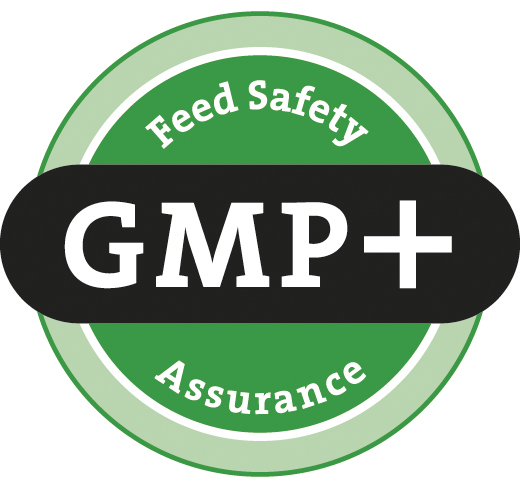YOUNG CHICK FEEDING FOR OPTIMAL GUT HEALTH
Early nutrition in chicks is important in order to meet their needs for initial fast growth rates as well as the development of their gut. This, in turn, will influence their ability to digest and assimilate nutrients.
Nutrition of the chick begins in the egg, where the embryo is nourished by the yolk. The quality of nutrients within the egg will depend upon the age of the breeder hen and her own nutritional intakes. For example, antioxidant supplementation in breeder diets is important for the transfer of these important vitamins and minerals to the yolk, which has been shown to improve hatchability and day-old chick quality. Omega-3 fatty acids can be increased in hen diets to raise levels in the egg to be used as an energy source for the embryo.
First line of defence
The health of day-old chicks and their resilience to disease depend on the amount and types of immunoglobulins (Ig) transferred from the hen during egg formation and when the embryo swallows amniotic fluid during development. This provides the first line of defence for the young birds whilst they develop their own acquired immunity via the development of the specific tissues and cells in response to environmental and ingested stimuli.
Active mannan-oligosaccharide
However, immune status in the breeder hens may not always be optimal, and extra supplementation with products such as Actigen has been proven to stimulate natural defences, which are then transferred to the egg in proportionally higher levels. The active mannan-oligosaccharide (MOS) in the product binds bacteria in the gut and activates the immune system by “presenting” the bound bacteria to M cells in the gut wall, thereby supporting optimal immune function and maintaining health status. Actigen has been shown to be important in switching on certain genes involved in immune function. These functionalities explain why animals supplemented with the product have higher levels of circulating Ig in blood, and promotes the transfer of maternal antibodies to progeny.

Newly hatched chicks are often subject to environmental stress, for example during transport for placement. Photo: Alltech
In ovo supplementation
In ovo supplementation given directly into incubating eggs has been investigated since the early 2000s and has focused on supplementing the developing embryo with energy and mineral sources. However, other trials have used Actigen via injection into the amniotic sac and demonstrated an increase in hatchability from 82.5% in the control (saline-injected only) to 97.5% for those injected with 5 millimolar of the product.
Vaccination: Chicks need functioning immune system
Vaccination remains an important procedure for the control of common disease, especially in young birds. However, they need to have a functioning immune system in order to assimilate the vaccine and respond accordingly to gain full disease protection. Research trials have shown that optimal immune function influences the response of young chicks to infectious bursal disease (IBD) vaccination, increasing the antibody titre from 659 in chicks from unsupplemented hens up to 969 for those hens receiving the additive. Improved immunity in young chicks via these types of interventions may be important in ensuring optimal gut development. Feeding trials examining the benefits of the supplement, in which birds were raised to 12 days of age on litter from previous flocks with poor gut development, showed that the birds on the Actigen diet had significantly higher body weights and better flock uniformity.
Environmental stress
Newly hatched chicks are often subject to environmental stress, for example during transport for placement. A trial was conducted using dexamethasone injections to mimic these typical physical stress responses seen in birds. This treatment reduced chick growth, with significant differences (P<0.01) in body weight at day 14 (368 grammes for injected birds versus 433 grammes for the control). when the birds were supplemented with the product and subjected to the same treatments, there was no significant difference between the injected or the control birds at the same age.>
Digestion in young chicks
In young chicks, digestion can be poor because of lack of enzyme activity in the first days post-hatch. During the first 48 hours after hatching, the digestive tract in chicks increases in weight by 110%, and most of the enzyme activity is based on lipase for fat digestion from yolk sac reserves. The first 7 days represents 17% of the whole growing period of a broiler, during which the bird attains 10% of its final body weight. This requires high levels of digestion to support nutrient uptakes.
Increase in enzyme activity
Feeding Actigen to broilers has been shown to significantly increase enzyme activity in the gut, namely maltase and alkaline phosphatase in the jejunum, ileum and caecum, and sucrase in the jejunum and caecum. These are important, brush border enzymes that facilitate the final breakdown of nutrients, allowing better absorption into the hepatic portal vein. Such an increase in enzyme activity in young birds, which lack the ability to secrete required levels of enzymes in their gut during the first few days post-hatch, will therefore have a major impact on its nutrient assimilation from the feed.
The establishment of correct bacterial profiles has been investigated in young animals, including chicks, in many published reports. The ability of the additive to participate in normalising gut microflora is important in starter diets, as initial exposure to bacteria from the environment, as well as feed and water supplies, makes the young bird vulnerable to colonisation by these undesirable entities. Prevention of poor colonisation has multiple benefits for the bird. It contributes to the development of the gut and immune system. A correct microfloral profile is able to better withstand any challenges because of its ability to outcompete other ingested organisms.
Recent reviews have highlighted the benefits of improved bacterial profiling via the modes of action of the active MOS in Actigen and discuss the benefits reported from many trials on poultry at different ages, including young birds. Because chickens face many challenges to their health and growth potential, especially when newly hatched, supplementing their starter diets with the additive provides the best feed platform for ensuring good growth and low mortality during the first week post-hatch. Optimised microflora in the lumen of the gut helps reduce the toxin load, which can damage the absorptive surface and cause diarrhoea and mortality losses. For specialised pre-starter diets, using the described product in the formulation is particularly important to attain the relatively large growth rates and development that is typical at this age. Giving chicks a good start through technical feeding strategies is essential for efficient productive performance and economic returns on-farm.
References available upon request.
Source: Jules Taylor-Pickard
(www.poultryworld.net)


